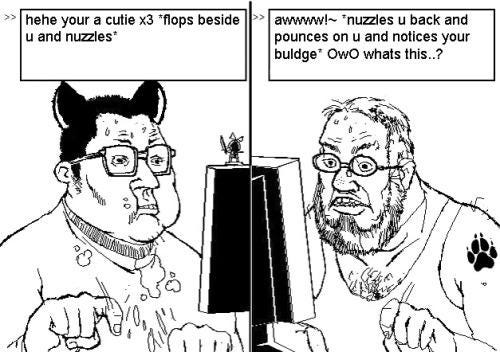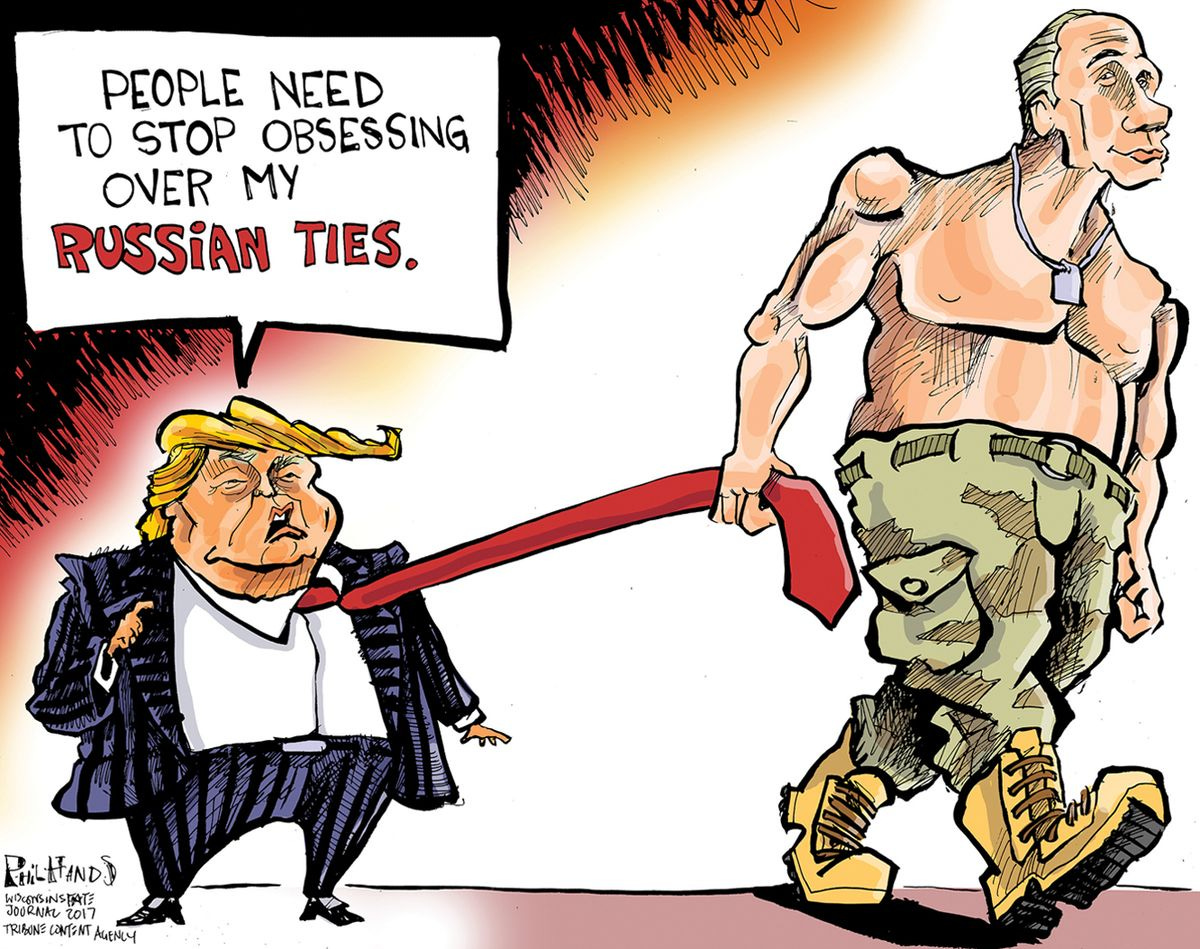Turning Points
Does Charlie Kirk's death mark an end or a beginning? Yes.
As you’ve probably heard by now, Charlie Kirk was assassinated on September 10, 2025. You also know that quite a few people have lost their jobs after posting gloating celebrations of Kirk’s death. But is this the death knell of Wokeness or simply a speed bump on the inevitable road to Cultural Marxism?
The jury is still out on how this ends. But while we might not yet see the future that unfolds before us, Charlie Kirk’s assassination has certainly cast a cold light on our current political climate. Let’s see what we find scurrying around therein.
As we might have expected, reactions have been divided between the Right and Left. But when we zoom in closer we see that Kirk’s martyrdom has brought the Right together. Even the Nationalists, Groypers, and assorted Far Right fringe dwellers who dismissed Kirk as a Zionist cuck and shill have paid tribute to his memory.
That’s not to say that those divisions won’t come into play again shortly. There are real political differences between those groups. But for now there is a feeling of shared grief and anger. This will inevitably give rise to shared communications and cooperation. Much as Antifa and BLM served as the street shock troops for the Democratic party a few years back, we could easily see many once-loathed groups joining the Republican mainstream.
By contrast, Kirk’s death has opened up some rather large fractures on the Left’s once-unified front. While most mainstream Leftists have noted Kirk’s alleged history of various -isms and -phobias, they’ve also offered at least token condolences and finger-waggling about gun violence. The terminally online Left, for their part, have taken to tap-dancing on Kirk’s grave.
For years these enthusiastic grave dancers have received nothing but accolades for their antics. And now many are shocked, just shocked, to discover that their employers are unimpressed by their online behavior. The same people who once told us (and told us, and told us… ) that freedom of speech does not mean freedom from consequences are now being held accountable to their own standards.
One place where Left and Right have come together is in assigning Tyler Robinson his rightful place. Even Lefties who hate Kirk take pains to paint Robinson as a right-wing Groyper who shot Kirk for being too centrist. The Right casts Robinson as a dedicated Antifa member radicalized by left-wing Discord hatred.
A few commenters have rightly called Robinson’s shooting a grand shitpost, down to the meme slogans scratched into his bullets. His ideas don’t map well onto any of our political ideas, and why would they? We can hardly be surprised to discover that a 22-year-old who just shot a stranger has fragmentary and inconsistent beliefs.
Their confusion is understandable. In a polarized world your enemy can do no good and your ally can do no evil. Throwing them into your Jungian shadow frees you from dissonance and ambiguity. But it doesn’t help you to understand what really drives people to shoot political opponents.
It’s easy to think that the Internet gave everybody a voice. But it might be more accurate to say it gave everybody a pencil and a bathroom wall. In the early days we hoped that worldwide networks would bring about a new age of peaceful, civilized discourse. We were shocked to discover that our new toy was more likely to feed the id than the superego. But even then we had no idea of how bad things could get.
Spend a few minutes on social media and you’ll hear lots of strident calls for shooting elected officials, throwing pedophiles into wood chippers, and lynching Black criminals. You’ll also see lots of people calling out the FBI, local police, and other disinterested organizations. Both groups are sending out signals in the hopes that someone else will do their dirty work.
Many have complained that the Right is full of people who talk a good game but are unwilling to use their gun collections for anything but masturbation. They’re not entirely wrong, but they’re looking at a tainted sample. The vast majority of social media tough guys are all bark and no bite. They use the Internet to blow off steam and wouldn’t know what to do with a revolution if it were dropped in their laps.
Social media is frequently criticized for inflaming tensions and polarizing the public. Yet you could make an equally good argument that social media serves more to defuse violence than to encourage it. We hear lots of talk about stochastic terrorism and the dangers of hate speech. But for every lone nut who picks up a gun, there are millions of slacktivists whose political action consists of signing online petitions, standing with this week’s trendy cause, and adding flags and emojis to their profiles.
Ultimately the Internet is an illusion. Its chatrooms and forums give us the illusion of community and the illusion of power. We type words at people who type words back at us and create personas that we mistake for selves. We identify ourselves by our illnesses, political leanings, gender, sexuality, and favorite celebrities. We reduce ourselves to a collection of data points and we outsource our sentience to pseudo-sentient machines.
Democratic strategists went to Twitter and decided that America wanted trans rights and LGBT children’s story hours. They forgot that social media algorithms reward the loudest and most controversial participants and downplay more nuanced suggestions. Their mistake helped set the stage for Trump 2.0. If we give Reddit and Bluesky too much weight in our calculations, we’ll inevitably follow in their footsteps.
The Revolution may be livestreamed, but it won’t be televised. The war is going to take place where it always does, in the streets. Charlie Kirk might be the chosen martyr of one of the fighting factions, but we’re not yet at the point where things have heated up to pitched battles. So what might trigger our war?
Every electoral democracy rests on a shared agreement: we will honor the results of the election even if our side loses. That’s not to say that every election is sparkling clean. We’re well aware that people cheat in elections, including Presidential elections. There was a good bit of controversy about the 1960 Kennedy/Nixon election. But Nixon conceded and wound up winning in 1968.
In 2016 Hillary Clinton snatched defeat from the jaws of victory by running one of the worst campaigns in modern history. But after Trump’s surprise victory there was no concession. Instead there was a massive push to blame his victory on a Russian conspiracy and a dogged insistence that Trump was an illegitimate president.
Then, in 2020, Trump lost in what a majority of his followers considered a stolen election. And in 2024, after Trump’s victory over Kamala Harris, we heard claims that Elon Musk used Starlink to rig voting machines. (To be fair, these rumors received less mainstream media attention than “Russiagate.” To be equally fair, the media’s opinion mattered a good deal less in 2024 than in 2016).
We’ve come to see the other side not only as misguided but actively evil. There’s no political reward in working with the opposing team to get necessary legislation passed. This has resulted in ongoing legal gridlock and governmental inaction. It’s also led to many asking why we should tolerate an actively evil political party in our land of freedom and democracy.
Today many Americans agree we need a strong leader who will take care of the Bad Guys. We simply disagree on whom the Bad Guys are. If Trump uses Kirk’s assassination as a pretext for arresting Antifa-supporting billionaires and arresting liberal Democrats, many of his followers will cheer. The same holds true if a Democratic coup were to assassinate Trump and Vance and declare power under emergency measures. When a nation yearns for a tyrant, they inevitably get one.
Perhaps the most common trigger for civil warfare is economic collapse. Europe is on the midst of a debt crisis. American debt is at $36 trillion and rising every day. The Great Depression left living memory a decade or two back. We’ve experienced economic slowdowns, sure. But nobody alive remembers what a global economic crash looks like. Though I trust that my readers are familiar with how the Weimar Republic ended.
I’ve predicted for a while that the Global American Empire’s collapse would hit the United States the way the Soviet Union’s fall hit Russia. Between 1991 and 1998 Russia’s GDP contracted over 40%. Not until the mid-2000s would the GDP return to late Soviet levels. During that period Putin cemented his hold on power. As of June 2025 he had an 86% approval rating among the Russian people.
An economic collapse or government coup would likely spark widespread street protests. If a few of those protests were stopped Tiananmen-style, we’d soon seen an end to street protesting. Few on any side of the political spectrum will be carrying signs once the number of protestor deaths and injuries hit three figures. But that doesn’t mean that we won’t see any resistance. So what would that civil war look like?
A civil war is just about the most horrible thing that can happen to a country, both in social and economic terms. I still think the probability of an actual American civil war is relatively low, but if it does happen, it won’t be rifle battles in an empty field like last time — it’ll be more like the Spanish Civil War, with neighbors fighting neighbors, rampant atrocities on both sides, and the nation impoverished for many years.
Noah Smith, “Civil War is for Idiots and Losers,” September 11, 2025
It doesn’t take a lot of shootings to chill commentary. Charlie Kirk’s death has galvanized conservative Americans. Kill another 5 or 6 popular conservative influencers and you’ll see lots of Gab and Rumble channels go silent. Take out 50 or 60 and you might see Gab and Rumble closing their doors. But as I noted above, if you silence public dissent you’ll soon find yourself dealing with private rebels.
The people running their keyboards on social media were never going to escalate to violence. They certainly won’t risk their lives if their jobs or their lives are on the line. Without their safety valve they’ll turn to drink or argue with their families or do whatever they need to do for their dopamine fix.
Those who turn to more private channels like Discord are a different story. There you’ll find people who are much nastier and much harder to track. The child porn trading extortionists of 764 have seen a few members jailed, but that’s to be expected. Tyler Robinson talked politics in a few Discord channels, and may even have shared his plans with other members. But though a dragnet may sweep up some of his friends, we’ll likely never know exactly who was involved or when.
The Internet makes it easy to find addresses. Federal officials may have Secret Service protection. But do the right online searches and you’ll soon have a list of employees and family members who don’t. State officials, mayors, town councils, school boards, or HOA leaders have no such protection in the first place. Neither do online loudmouths with a few hundred followers.
Am I condoning this kind of violence, you ask. My friend, do you think that Tyler Robinson would have left his grandfather’s 30.06 in the closet if only I had wagged my finger sternly and told him violence is not the answer? Finding soft targets is child’s play. Having the stomach, or the psychological illnesses, to take advantage of that information is something else altogether. If you don’t have it, no one will ever talk you into it. If you do, no one will ever talk you out of it.
Once these killings start, you’ll see much less political conversation on social media. There will certainly be private channels dedicated to Making America Great Again or Occupying Democracy or similar nonsense. There will be occasional arrests of stupid fedpoasters and celebratory stories about terrorism stopped at the last minute by the FBI’s security team. And there will be occasional incidents, not every day or even every week but often enough to ensure a state of constant fear.
Politicians will use these incidents to create new and improved Patriot Acts and states of “temporary” emergency. But as the economic crisis rolls on, they’ll find themselves increasingly unable to keep up with the rising unrest. And the harder they repress the civilian population, the stronger the resistance will grow. This battle ends when the failing establishment strongmen are replaced by the toughest rebel strongman. Whether you get a Franco or a Castro is entirely up to the fates.






Yugoslavia was torn apart because the Washington/Wall Street deep state (and liberal EU powers) wanted it torn apart.
The same playbook is being applied right now in the UK and other Western Europe states. It's going to be messy!
Random political violence doesn’t lead to civil war. You might get the 60s/70s in the U.S. or Italy. Civil war happens when the ruling elites believe they can get what they want through force like in Yugoslavia in the 90s. Even in an economic collapse this is very unlikely to be true. U.S. civilians are armed to the teeth and a civil war would be uniquely destructive. So, avoiding a civil war, for better or worse, depends on the ability of our elites to accurately assess the situation.